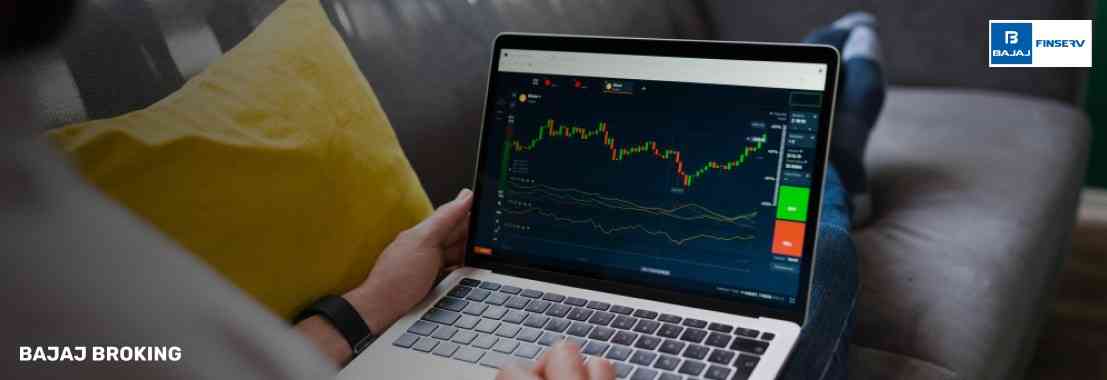If you operate a Limited Liability Partnership (LLP) and plan to invest in equity shares, bonds, or mutual funds, setting up a corporate demat and trading account is the first formal step. This account allows your LLP to hold securities in electronic format and execute transactions on authorised exchanges. Unlike individual accounts, a demat account for LLPs requires verification of the entity’s structure, legal documents, and designated partners. Opening the account ensures compliance with SEBI regulations and supports efficient asset management under your firm’s name. Understanding the required documents and process will help you move forward without unnecessary delays.
4 Simple Steps Process to Open Demat Account for LLP
Opening a corporate demat account for your LLP involves a clearly defined procedure regulated by SEBI and executed through authorised depository participants. Each step ensures your business entity is verified and qualified to manage securities under Indian law.
Before initiating the process, make sure your LLP is compliant with ROC and MCA requirements. Once your LLP’s basic documents and KYC details are ready, follow this four-step approach to open your corporate demat and trading account.
1. Collect KYC and business documents
Gather the PAN of the LLP, registration certificate, LLP agreement, and KYC of designated partners.
These documents confirm the legal status of your LLP and the identity of the authorised persons operating the account. They are essential to comply with SEBI’s documentation norms.
2. Pass a resolution authorising account opening
Draft and sign a resolution stating the names of authorised partners.
This resolution is usually signed by all designated partners and specifies who can operate the demat account. It also includes specimen signatures for reference by the depository participant.
3. Submit the application to a SEBI-registered DP
Approach a depository participant and fill in the account opening form.
Along with the resolution and KYC documents, you will need to submit the LLP’s official address proof, PAN, and signed declaration forms. Some DPs may also require in-person verification of signatories.
4. Verification and account activation
The DP will verify your documents before activating the demat account.
Once approved, you will receive the demat account number and login credentials. This account can then be linked to a corporate trading account for executing securities transactions under your LLP’s name.
Required Documents for Opening LLP Demat Account
To open a corporate demat and trading account in the name of your LLP, you must submit key documents confirming your business's legal existence, authorised signatories, and financial identification. Ensuring all documents are valid and current will prevent delays in account processing.
Here are the main documents required:
1. PAN card of the LLP
This serves as the primary identification number for taxation and compliance.
The PAN links all financial transactions and is essential for demat account validation and operations under your LLP’s name.
2. Certificate of incorporation
Issued by the Registrar of Companies, it confirms your LLP’s legal formation.
It establishes the LLP’s official status and is required to verify that the business is authorised to engage in securities investments.
3. LLP agreement
This outlines the roles and powers of partners.
The agreement is reviewed to verify who is authorised to open and operate the demat account and ensure legal control is defined.
4. KYC of designated partners
Each authorised partner must provide identity and address proof.
This helps establish who is managing the account and ensures the DP has verified details for each person handling funds or securities.
5. Board resolution authorising account opening
This names the partners permitted to manage the account.
It helps avoid disputes and ensures a formal declaration of authority is recorded with the DP.
Key points to Remember
Opening a corporate demat account for your LLP is a regulated process that requires precision, clarity, and ongoing compliance. To avoid future complications or restrictions, you must stay updated with documentation, account changes, and regulatory responsibilities.
Below are a few important reminders:
1. Only registered LLPs can open a demat account
Unregistered entities are not eligible.
Your LLP must be registered under the LLP Act and recognised by the Ministry of Corporate Affairs. Ensure all official records are accurate and updated before starting.
2. Trustees or partners must approve account opening
Authorisation through a resolution is mandatory.
Even if you are a small firm, formal documentation and mutual approval are required before opening a corporate trading account.
3. Periodic KYC updates are compulsory
SEBI mandates regular KYC verifications.
Any change in partners or address must be promptly reported to avoid account suspension or compliance issues.
4. LLP profits must be reported accurately
Capital gains, dividends, and other income should reflect in tax filings.
Maintain clarity between personal and business finances. All gains must be shown under the LLP’s PAN and financial statements.
5. Account cannot be operated for personal trades
Only LLP transactions are permitted.
Partners must not use the corporate demat account for personal gains or speculative investments outside the LLP’s scope.
Conclusion
Opening a demat account for your LLP enables you to manage investments, mutual fund holdings, and equity shares within a legally recognised framework. By submitting the necessary documents, passing an internal resolution, and complying with SEBI norms, your LLP can hold and transact in securities efficiently. A corporate demat and trading account provides transparency and security for your firm’s financial decisions. As an LLP, it is important to maintain proper records and ensure only designated partners manage this account, keeping it fully aligned with the business objectives and regulatory expectations.





